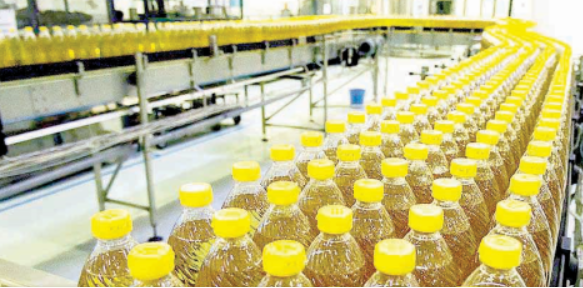Leaders in the manufacturing sector of Kenya have cautioned that the 2024 Finance Bill may have detrimental effects on the industry, particularly by imposing taxes on raw materials and financial services essential for production.
Antony Mwangi, CEO of the Kenya Association of Manufacturers, warned that if the National Assembly approves the bill, Kenyans should anticipate higher prices for consumer goods.
The concerns stem from the 2023 Finance Act, which increased duties on imported raw materials and paper, consequently raising production costs for affected products.
This escalation not only impacted manufacturers but also extended to other businesses in the grain sector reliant on paper for packaging. The resulting higher prices of these products in the local market led to a collapse in exports of paper and packaging materials, forcing Kenya to resort to importing cheaper alternatives.
As evidenced by data from the Kenya National Bureau of Statistics (KNBS), the production of paper and paper products experienced a decline in the previous year, accompanied by a 2.9 percent increase in prices.
These developments underscore the potential adverse effects of taxation policies on manufacturing and the wider economy, warranting careful consideration and evaluation by policymakers.
“The new taxes will increase the cost of manufacturing and force these companies out of Kenya, and the country will be left importing more commodities,” Mwangi said in an interview.
“The government is only taxing; it is not encouraging production.”
Mwangi suggested that instead of imposing taxes on raw materials and financial services, the government should incentivize production to boost tax revenue from the final products.
He highlighted several commodities that are likely to be affected by the proposed tax measures, including cooking oil, which could see an increase of 5.6 percent per litre, bread rising to Sh74 from Sh65, milk, powder detergent, and cement.
By fostering a conducive environment for production, the government can stimulate economic growth and generate higher tax revenue from the sale of these goods.



